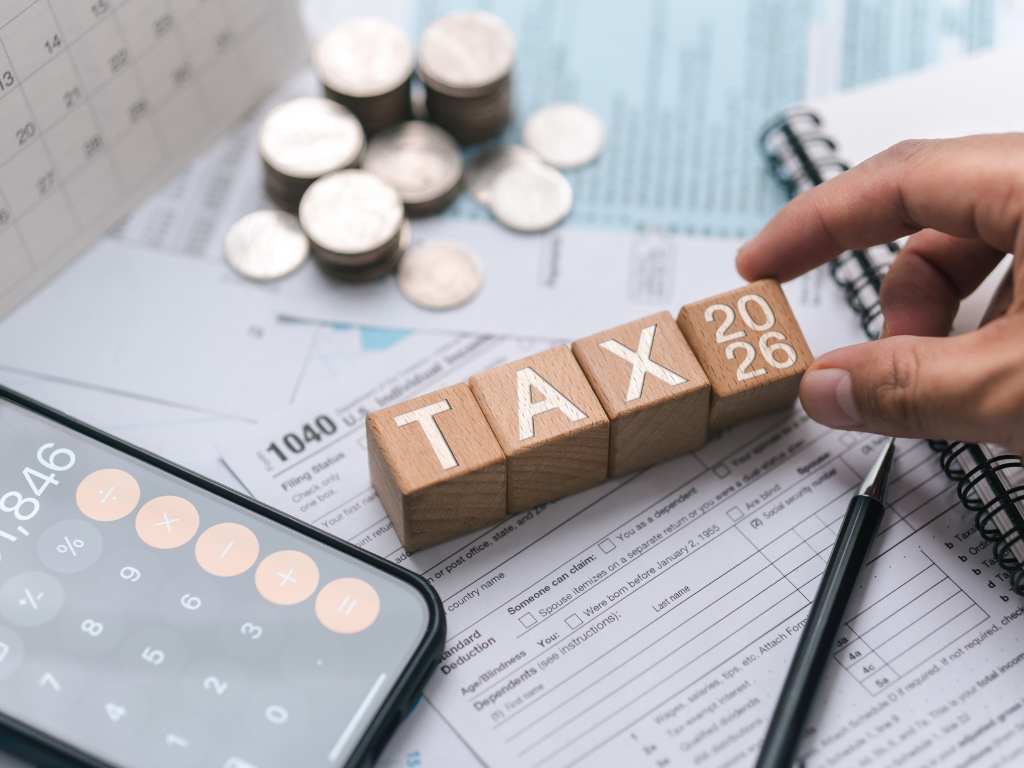To effectively navigate Singapore’s regulatory landscape, businesses require a clear, consolidated, and actionable overview of their key compliance deadlines for the year 2025. This calendar serves as a tool for proactive planning, enabling businesses to anticipate and meet their obligations across various regulatory bodies.
By consolidating disparate information from multiple official sources (IRAS, ACRA, CPF Board) into a single, easy-to-reference format, this calendar simplifies the complex landscape of regulatory deadlines.
This is crucial for proactive planning, allowing businesses to set internal reminders, allocate resources, and prepare necessary documentation well in advance, thereby significantly reducing the risk of missed deadlines and associated penalties. It also visually reinforces the sheer volume and continuous nature of compliance obligations that businesses face throughout the year, underscoring the value of a structured approach.
The following table provides a general overview of key 2025 compliance deadlines. It is important to note that while some dates are fixed, others are relative to a company’s specific Financial Year End (FYE). Businesses should establish a customized calendar based on their unique FYE.
| Compliance Task | Regulatory Authority | Due Date (2025) | Key Notes/Conditions |
| Estimated Chargeable Income (ECI) Filing | IRAS | Within 3 months after FYE | Mandatory unless waiver conditions met (revenue ≤ S$5M AND ECI is NIL). Early filing offers installment benefits. |
| Corporate Income Tax Return (Form C-S, C-S Lite, or C) | IRAS | 30 Nov 2025 | For YA 2025 filings; regardless of FYE. Form C-S/C-S Lite for revenue ≤ S$5M. |
| Goods and Services Tax (GST) Return | IRAS | Within 1 month after end of quarterly accounting period. | GST rate is 9% from 1 Jan 2024. Compulsory registration if taxable turnover exceeds S$1M. |
| Annual Return (AR) & XBRL Financial Statements | ACRA | Within 7 months after FYE | For private companies.Public companies: within 5 months after FYE.[1] XBRL required for most companies. |
| Annual General Meeting (AGM) | ACRA | Within 6 months after FYE | Must be held before AR filing. Private companies may have exemptions. |
| Payroll (CPF Contributions & SDL) | CPF Board | Monthly | Due by 14th of the following month. Rates vary by age, wage, PR status. Monthly salary ceiling S$7,400 from 1 Jan 2025. |
| Auto-Inclusion Scheme (AIS) e-submissions | IRAS | 1 Mar 2026 (for year 2025) | Mandatory for employers with 5 or more employees for year 2025, or if received “Notice to File”. |
| Withholding Tax (WHT) | IRAS | By 15th of the second month from payment date | Mandatory even if payment is exempt under DTA/ARI. Penalties for late payment apply. |
The compilation of all deadlines into a single, comprehensive calendar reveals a critical pattern: compliance in Singapore is not a sporadic or annual event but a continuous, “always-on” process. Businesses face a mix of monthly, quarterly, and annual obligations, often with overlapping periods and interdependencies.
This constant demand for attention, preparation, and filing can be a significant drain on internal resources, particularly for growing SMEs with lean teams. This continuous compliance burden makes it challenging for in-house teams to maintain consistent focus on core business activities and strategic growth initiatives.
Understanding Audit Requirements and Exemptions for Small Companies
Criteria for Statutory Audit Exemption
Companies incorporated in Singapore can be exempt from the requirement for a statutory audit if they qualify as a “small company” for the relevant financial year. To meet this qualification, a company must satisfy at least two of the following three quantitative criteria for the past two consecutive financial years:
- Total annual revenue not exceeding S$10 million.
- Total assets not exceeding S$10 million.
- Having not more than 50 employees.
This audit exemption provides a significant advantage for qualifying businesses, as it reduces compliance costs (audit fees) and lessens the administrative burden associated with preparing for and undergoing an audit.
The criteria for audit exemption are more than just regulatory checkboxes; they offer a framework for strategic financial planning. Businesses can actively monitor their revenue, total assets, and employee count.
This allows them to either proactively manage their operations to maintain their “small company” status (thereby continuing to benefit from lower compliance costs by avoiding an audit) or, if growth is inevitable, to anticipate crossing these thresholds and prepare in advance for the complexities and costs of a statutory audit.
Annual General Meeting (AGM) Requirements and Dispensations
An Annual General Meeting (AGM) must generally be held within 6 months of the company’s financial year end. This meeting serves as a forum for directors to present financial statements to shareholders for their approval. Private companies in Singapore may be exempt from the requirement to hold an AGM under specific conditions:
- If all members (shareholders) pass a resolution to dispense with holding AGMs.
- If financial statements are sent to all shareholders within 5 months after the FYE, and no shareholder requests an AGM within the stipulated period.
- If the company qualifies as a private dormant relevant company that is exempt from preparing financial statements.
In contrast to private companies, public companies are always required to hold AGMs.[1] The AGM (or its formal dispensation) must occur before the company’s Annual Return is filed with ACRA, highlighting the sequential nature of corporate compliance.
A careful review of the regulations reveals a subtle but important nuance in the definition of “small company” across different Singaporean regulations. While the audit exemption uses thresholds of 10 million for revenue/assets and 50 employees, eligibility for the ECI waiver and the use of simplified FormC−S/C−S Lite is based on a lower annual revenue threshold of SGD5 million.
This means a company might qualify for an ECI waiver and simplified tax filing but not for audit exemption, or vice-versa, depending on its specific financial profile (e.g., high assets but low revenue). This inherent complexity and nuance in regulatory definitions necessitates expert guidance to accurately determine eligibility for various schemes and avoid misinterpretations or non-compliance.




